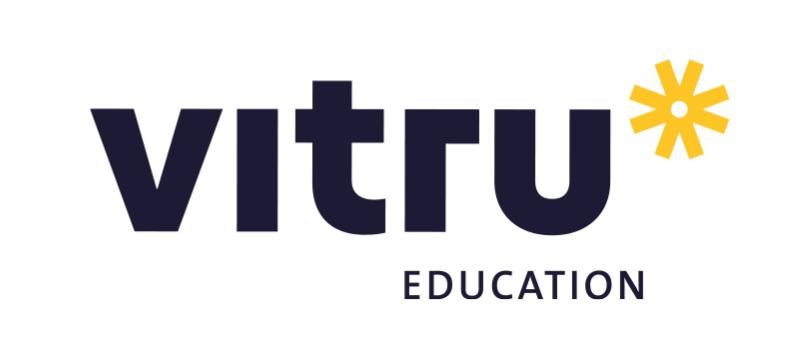On August 31, 2016, the Company completed the acquisition of 100% of FAC and FAIR and the amounts of R$ 10,511 was paid in December 2018, R$ 10,837 was paid in December 2019 and R$ 128,162 was paid in December 2020, and the remaining amounts are payable in two equal installments, payable on December 31, 2021 and December 31, 2022 and adjusted by the IPCA inflation rate.
The Company is authorized to increase capital up to the limit of 1 billion shares, subject to approval of the company management.
On September 2, 2020, each of Vitru’s shareholders had agreed to contribute their respective shares on Vitru Brazil to Vitru Limited, exchanging thirty-one common shares into one ordinary share of Vitru Limited.
As a consequence of this reverse share split, the share capital previously represented by 522,315,196 common shares, was reduced to 17,058,053 common shares. As a result of the share split, the Company’s historical financial statements have been revised to reflect number of shares and per share data as if the share split had been in effect for all periods presented.
Additionally, on September 22, 2020, the share capital of the Company was increased by 6,000,000 Class A shares through the proceeds received as a result of the IPO of US$ 96,000 thousand (or R$ 521,558). The net proceeds from the IPO were US$ 90,672 thousand (or R$ 492,612), after deducting share issuance costs amounting R$ 47,582.
As of June 30, 2021, the Company’s share capital is represented by 23,107,357 common shares of par value of US$ 0.00005 each. The Company has issued only common shares, entitled to one vote per share.
Additional paid-in capital
The additional paid-in capital refers to the difference between the purchase price that the shareholders pay for the shares and their par value. Under Cayman Law, the amount in this type of account may be applied by the Company to pay distributions or dividends to members, pay up unissued shares to be issued as fully paid, for redemptions and repurchases of own shares, for writing off preliminary expenses, recognized expenses, commissions or for other reasons. All distributions are subject to the Cayman Solvency Test which addresses the Company’s ability to pay debts as they fall due in the ordinary course of business.
Share based compensation
The capital reserve is represented by reserve for share-based compensation programs classified as equity-settled.
The share-based payments reserve is used to recognize:
| • | the grant date fair value of options issued to employees but not exercised. |
| • | the grant date fair value of shares issued to employees upon exercise of options. |
The Company currently intend to retain all available funds and any future earnings, if any, to fund the development and expansion of the business and did not pay any cash dividends in the six months ended June 30, 2021, and do not anticipate paying any in the foreseeable future.
Basic earnings per share is calculated by dividing the net income attributable to the holders of Company’s common shares by the weighted average number of common shares held by stockholders during the year.
